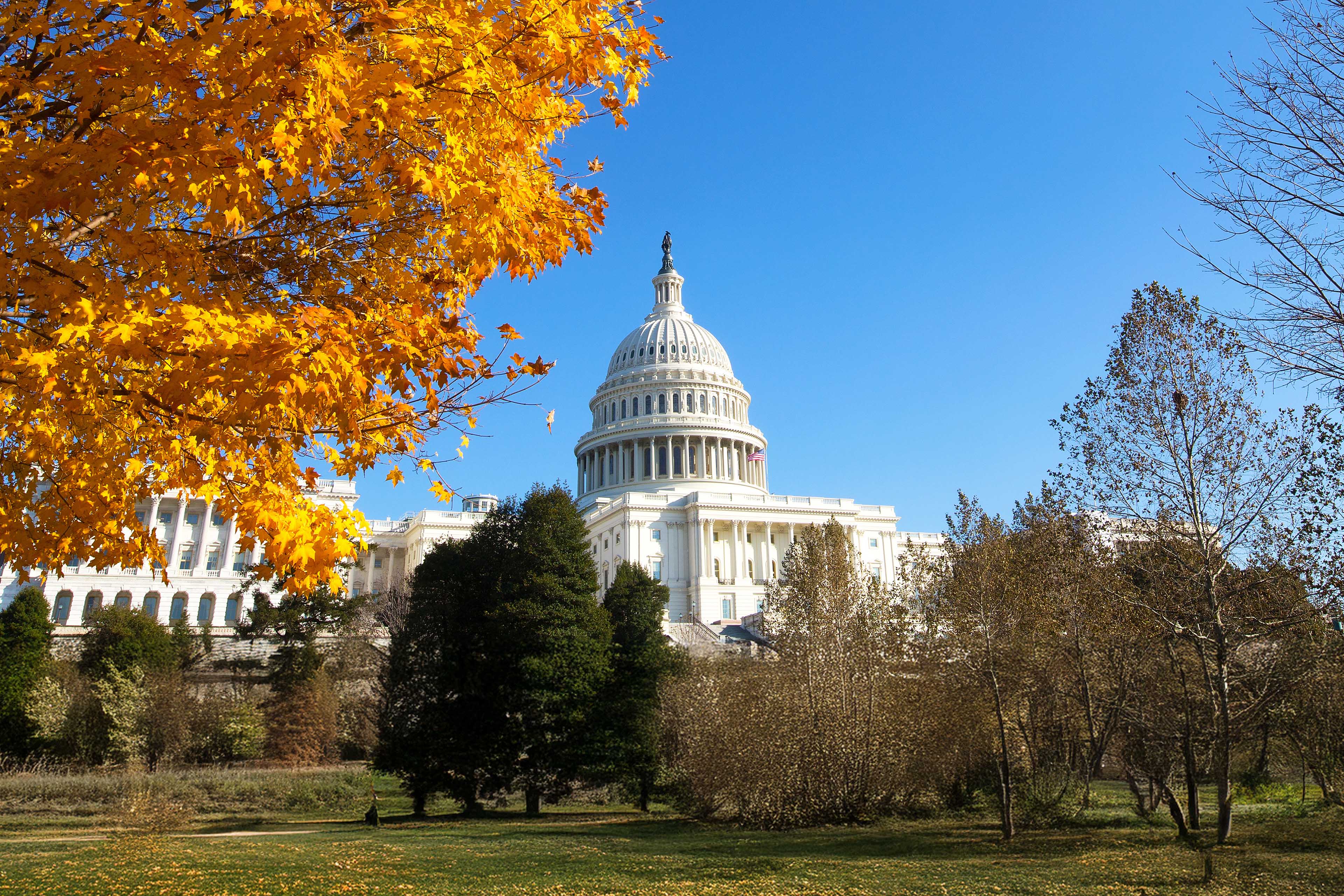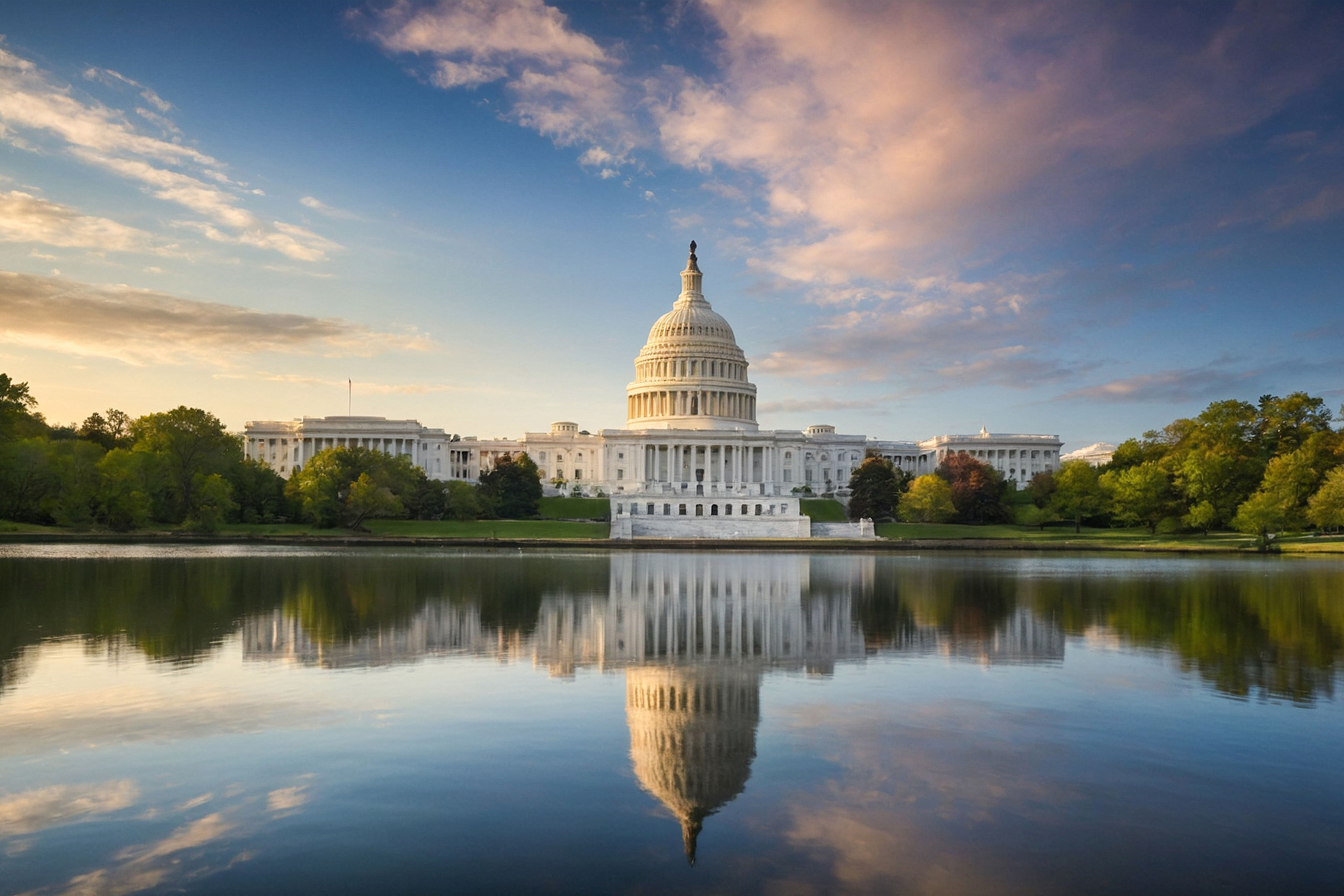EY refers to the global organization, and may refer to one or more, of the member firms of Ernst & Young Global Limited, each of which is a separate legal entity. Ernst & Young Global Limited, a UK company limited by guarantee, does not provide services to clients.
How EY can help
-
State and local taxes can significantly impact a company’s cash flow, effective tax rate and risk profile. Our network of dedicated state and local tax professionals combines technical knowledge with industry understanding and access to technologically advanced tools and methodologies.
Read more
Although federal tax policy and its impact on state corporate income tax policy decisions has taken center stage, far reaching proposals regarding state property tax, sales tax, gross receipts taxes, as discussed below, and industry-targeted taxes will also have substantial impact on the state tax policy discussion.
These factors combine to suggest an active legislative session for tax policy issues.
Expectations for 2025
State policymakers have begun outlining policy priorities through their state of state addresses to start legislative sessions.
- California’s governor proposed adopting a single sales factor apportionment for financial institutions, increasing film and television tax incentives and extending the elective pass-through entity tax.
- Maryland’s governor has proposed the adoption of mandatory combined reporting coupled with a corporate income tax rate reduction, the adoption of a retail delivery fee, and increased rates for capital gains and individuals earning over $500,000.
- Virginia’s governor has discussed adopting market-based sourcing for corporate income tax purposes and eliminating taxes on individual tips.
- Governors in Georgia, Missouri, Montana, New York and South Carolina are seeking cuts to individual income tax rates.
- Minnesota’s governor has proposed a reduction in the state’s sales and use tax rate, paid for by an expansion of the sales and use tax base to include certain services.
- As in years past, property tax relief is being sought by lawmakers in Nebraska, North Dakota and Texas.
Within the first few weeks of 2025, over 3,500 tax-related bills already have been filed for consideration during 2025 legislative sessions. We expect this number to at least double in the coming months. As the 2025 legislative sessions progress and more bills are introduced, a clearer picture of hot topics that will be debated in state houses across the country will emerge.






